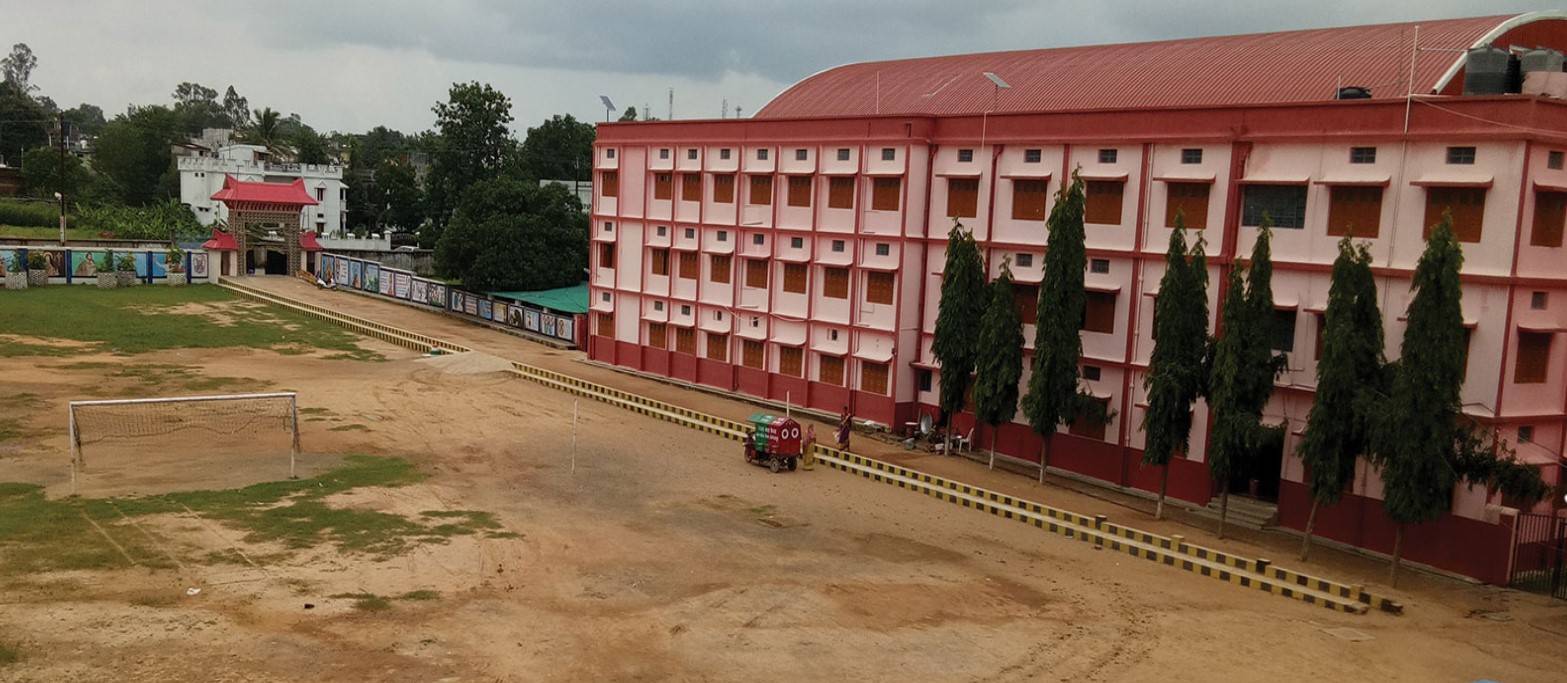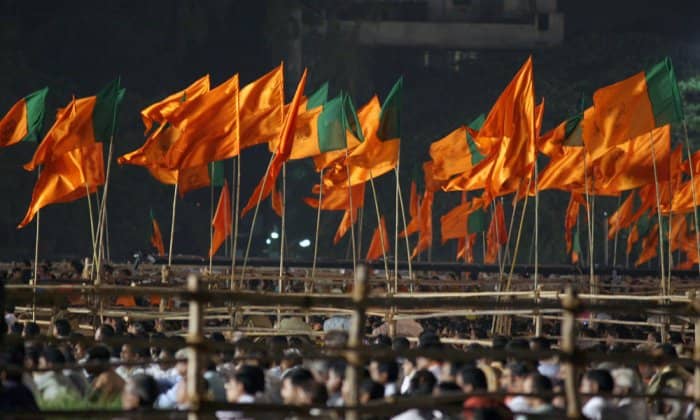MUMBAI, India – A Christian man’s murder in India is being treated as an ‘honor killing’ — highlighting the shadow the country’s historic caste system has even within the Church.
Kevin Joseph was killed soon after marrying Neenu in May, and his body was found in a canal. Five of his wife’s relatives – including her father and brother – were arrested for the crime. Altogether, 14 people have been charged in the murder.
The killing took place in Kollam City, in the southern state of Kerala, which has the largest number of Christians in India, who make up nearly 20 percent of the population.
On Wednesday, prosecutors moved to have the murder treated as an honor killing, where family members kill someone over a perceived slight to the family’s honor, such as marrying outside of one’s religion or caste.
Both families in this case are Christian, but Joseph came from a low-caste background and the girl’s family was an affluent Syrian Christian family, and strongly opposed the match. They even went to the police, claiming their daughter was abducted.
After the marriage, an armed gang kidnapped the pair, and after releasing Neenu, beat and tortured Joseph.
The post-mortem revealed he died from drowning, but officials are unsure if he died trying to flee the gang or was dumped in the canal by the perpetrators: In either case, a charge of murder would stand.
The defendants’ lawyers are challenging the “honor killing” designation, since the couple shared the same faith. Christianity doesn’t use the caste system.
However, Church officials admit there is still discrimination based upon caste within the Church, especially against Dalits, the former “Untouchables” in the Hindu caste system.
“There is always a tendency to deny the practices of caste system, especially when it happens in the state where the literacy rate is high and history of Christianity is long it is surprising that the caste practice is strongly practiced even among the Christians,” said Father Zackarias Devasagayaraj, the National Secretary of the Catholic Bishops’ Conference of India’s office for Dalits and other lower-caste Indians.
“Though Christianity is of non-Indian origin, the members are very much Indian from the Indian caste system and living among the people who practice caste system,” the priest told Crux.
Almost 65 percent of the Catholic community in India are Dalits.
Christian and Muslim Dalits are legally excluded from ‘scheduled castes’ status, which offers members advantages in hiring and school places similar to affirmative action policies in the United States. The status is not denied to Dalits in religions considered native to India, such as Hinduism, Sikhism, Buddhism, and Jainism.
In 2016, the Catholic Bishops’ Conference of India issued a policy document on Dalit empowerment, in which it acknowledged that “caste discrimination is a grave social sin” and committed to ensuring that the practice of untouchability will not be tolerated within the Church.
The bishops’ conference has also asked its dioceses to submit plans to end discrimination against Dalit Christians.
Although not wanting to comment on the Joseph case since it is still in the courts, Archbishop Mar Mathew Moolakkatt off Kottayam told Crux that caste has no place in the Church.
“The caste system has its roots in the past and its repercussions are in the present. No one will agree with the caste system,” the archbishop said.
Despite this, Devasagayaraj said much needs to be done to fight the influence of caste within the Church.
“We are not practicing the spirit of Christianity if we practice caste system in Christianity. The CBCI has also accepted that the caste practice is there among the Christians though Christianity does not approve caste system,” he told Crux.
Father Vincent Manoharan, of the National Dalit Christian Watch, told the newspaper The Hindu that institutional discrimination within the Church mainly happened at three levels: First, among the congregation on matters such as worship, burial rights and marriages; second, in the diocesan administration; and third, in educational institutions.
He noted that despite the fact Dalits make up the vast majority of the Catholic population in India, only 6 percent of bishops come from a Dalit background.
“The gross underrepresentation is at all levels, right from priests,” Manoharan said.
The latest development in the Joseph murder case came just before Christians in India mark Dalit Liberation Sunday, being held this year on Nov. 11.
“It is an eye opener to many Christians and to the society when they come to know about the honor killing of Kevin, a Dalit Christian, by another caste Christian that the untouchable practice is deep down in the minds of the Christians to the level of killing the other,” Devasagayaraj said.
“It is high time that all the Christians follow the suggestions and recommendations of CBCI Dalit Empowerment policy.”
















